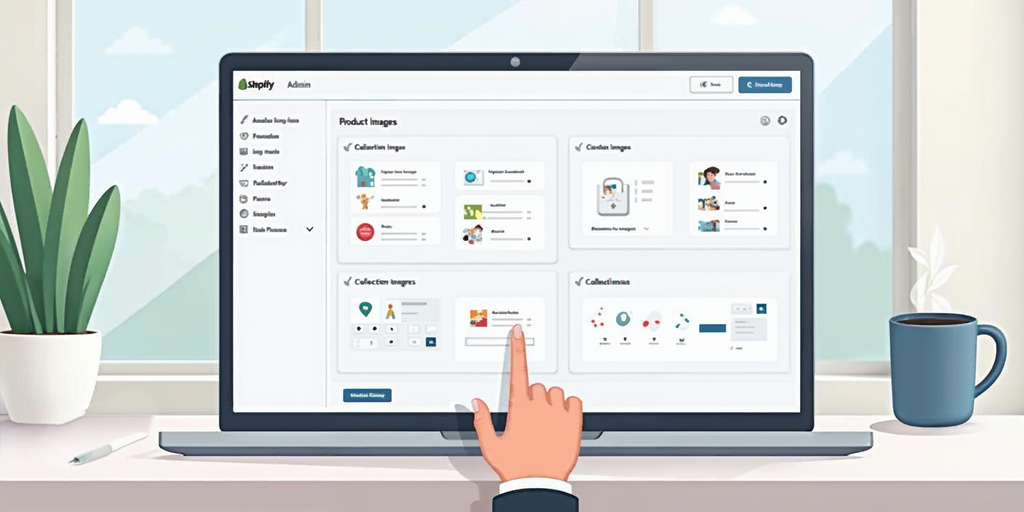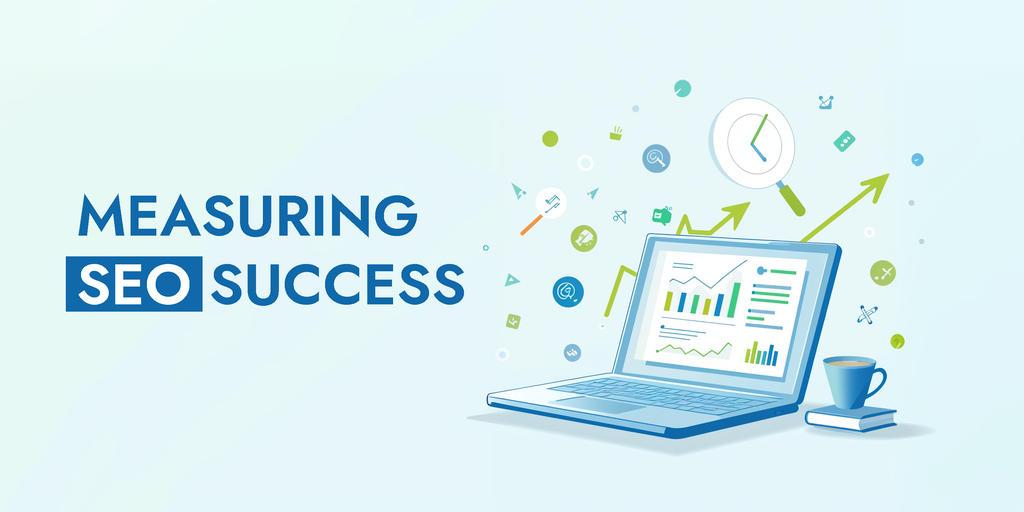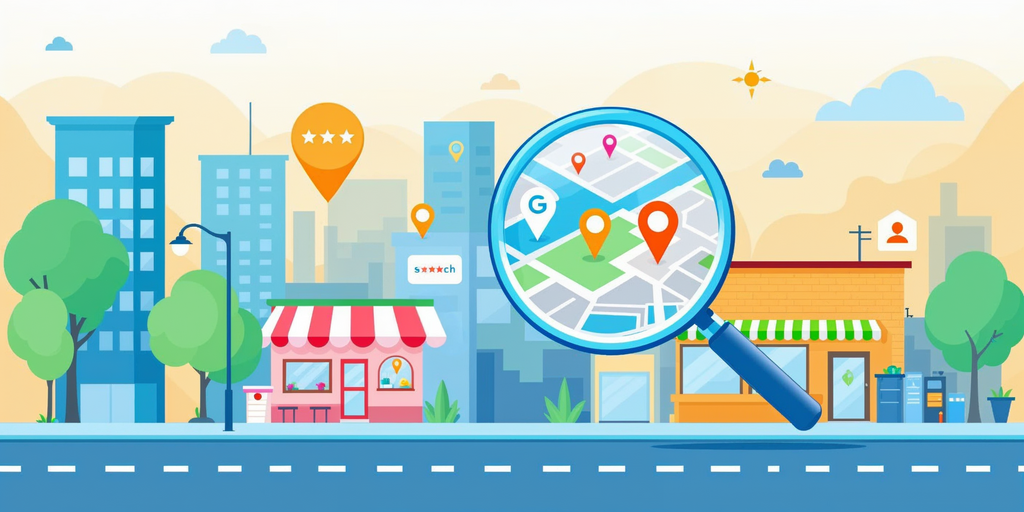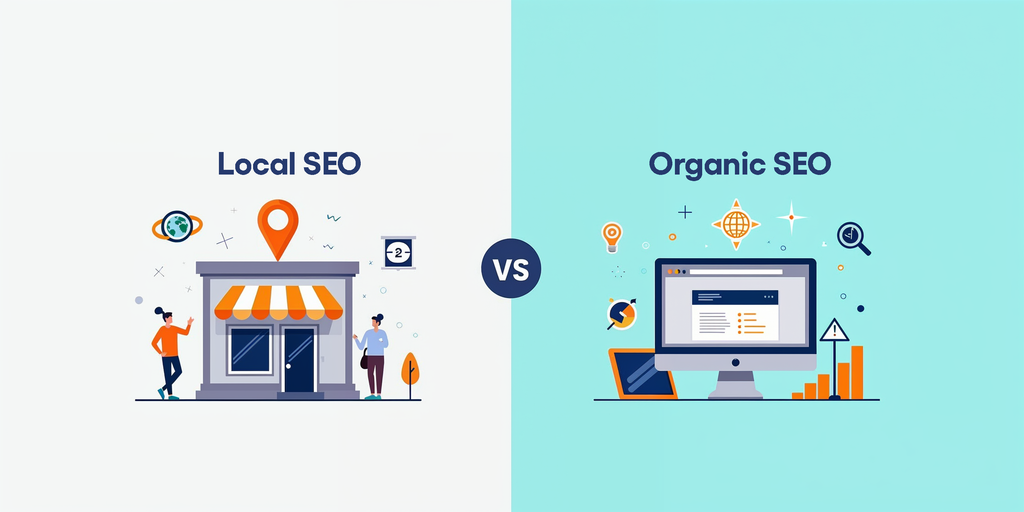How Is Ranking Different When Comparing PPC vs. SEO?

So, you want your brand at the top of Google. Who doesn’t? When it comes to ranking on search engine results pages (SERPs), Pay-Per-Click (PPC) and Search Engine Optimization (SEO) are the two main ways to get there. But let’s not beat around the bush—PPC and SEO play by different rules, and understanding their unique game plans can make all the difference.
This blog post dives deep into how PPC and SEO ranking methods work, how they contrast, and when to use each approach. We’ll also look at the benefits of combining these strategies into one powerhouse marketing strategy.
What Is PPC Ranking and How Does It Work?
When we talk about PPC, we’re talking about paid search—ads that sit proudly above organic results. PPC campaigns get a boost to the top as soon as they’re activated, thanks to Google’s auction-based system, where advertisers compete for keywords. Here’s how it shakes down.
Bidding System and Ad Rank
With PPC, you bid for placement. Every time someone searches for a target keyword, Google runs an auction to determine which ads appear. The two big players in this decision are your bid amount (how much you’re willing to pay per click) and your Quality Score. Quality Score is Google’s way of rewarding ads that provide good user experiences, calculated based on click-through rate (CTR), ad relevance, and landing page quality.
So, if your ad isn’t just “sell, sell, sell” but actually relevant to the search query and offers a useful landing page, you’ll pay less per click. But you’re still paying! With this pay-per-click PPC system, ads only show up as long as the budget holds out, giving PPC immediate visibility but short-lived results.
Instant Visibility for Rapid Gains
Think of PPC as the hare in the famous race: it gets out in front quickly. Need a fast boost to drive traffic for a product launch or holiday promotion? PPC’s got you covered. However, when the budget runs dry, the visibility goes with it. If you’re looking to increase brand awareness quickly, PPC can be a game-changer. But you’re also in a constant tug-of-war with competitors, which keeps ad prices volatile.
Understanding SEO Ranking and How It Differs
SEO, on the other hand, is a long game. Instead of paying for clicks, you’re optimizing your website to “earn” a place on SERPs by making it relevant and useful. The goal is to create content and optimize your site so that Google’s complex algorithm recognizes it as valuable for search users.
Core SEO Ranking Factors
SEO rankings don’t come easy. Unlike PPC, where a quick bid wins the day, SEO is rooted in building organic rankings over time with a mix of on-page, off-page, and technical elements.
- On-Page Optimization: This includes keyword placement, high-quality content, and meta tags that tell search engines what your page is about. Your content should directly address search intent—giving readers exactly what they’re looking for.
- Off-Page SEO: Backlinks are the backbone of SEO rankings. When authoritative sites link to your pages, Google sees this as a vote of confidence, pushing you higher in SERPs.
- Technical SEO: This involves optimizing the structure of your site to improve user experience. Page speed, mobile-friendliness, and secure site protocol (HTTPS) all count. A faster, mobile-ready site keeps visitors around longer, which tells Google you’re worth a good rank.
The Steady Build to Long-Term Visibility
SEO is like planting a tree. It takes time, but once your site starts ranking, it can stay there with minimal upkeep. Organic traffic doesn’t come with a per-click fee, making SEO a cost-effective approach in the long run. But patience is key. SEO typically requires a few months before significant results roll in, which is why it’s best for brands aiming to build trust and visibility over time.
5 Key Differences Between PPC and SEO Rankings
So, why choose one over the other? Let’s break down their core differences:
1. Speed of Results
- PPC: Turn it on, and boom—you’re ranking. It’s instant, making it ideal for events, new launches, or seasonal sales.
- SEO: Slow and steady. You might not see results for months, but those results can last, and they don’t drain your budget with each click.
2. Ranking Factors
- PPC: Controlled by bids and Quality Score, which depends on ad relevance and CTR. Google Ads favor ads that directly address the search query.
- SEO: Hinges on keyword relevance, content quality, backlinks, and user experience. It’s a holistic approach aimed at long-term value.
3. Cost
- PPC: Pay per click, with costs increasing as competition rises.
- SEO: Costs are mainly upfront (content creation, technical optimizations), with no ongoing fees per visitor. Once ranked, organic traffic is essentially free.
4. Audience Targeting
- PPC: Allows precision targeting, including demographics, location, and device.
- SEO: Attracts traffic naturally through relevant, high-quality content that aligns with what people search for.
5. Brand Credibility
- PPC: Quick exposure, but users often view ads with a grain of salt.
- SEO: Higher credibility. Many users skip ads entirely, heading straight to organic results, which often feel more “authentic.”
Scenarios for Using PPC vs. SEO Based on Business Goals
When to Use PPC
- Product or Service Launch: PPC is perfect for getting immediate eyes on a new product or service.
- Seasonal Promotions: Need a Black Friday boost? PPC’s speed is unbeatable.
- Competitive Keywords: When organic rankings are tough to break into, PPC can help you “buy” visibility for high-competition keywords.
When to Use SEO
- Building Brand Authority: SEO helps your brand stand out as an expert in the field, especially useful for knowledge-driven businesses like finance, tech, and healthcare.
- Sustaining Traffic Over Time: SEO is the gift that keeps on giving. Once established, organic rankings keep your brand visible long-term.
- Content Marketing: SEO supports informative content that serves users’ needs, helping attract an audience who is genuinely interested in your offerings.
Integrating PPC and SEO for Maximum Ranking Impact
Rather than choosing between PPC and SEO, why not have both? Here’s how they can complement each other:
- Use PPC Data for SEO: PPC can help you discover high-performing keywords. Take what’s converting in your PPC campaigns and integrate those terms into your SEO strategy.
- Optimize PPC Landing Pages for SEO: By applying SEO practices to landing pages, you boost Quality Score, reducing your PPC costs while increasing conversion rate.
- Create a Holistic Funnel: PPC can draw immediate traffic, while SEO helps you stay visible over time. This approach balances short-term needs with long-term growth.
Pros and Cons of PPC vs. SEO in Achieving Rankings
PPC Pros
- Immediate visibility and quick setup.
- Precise targeting to reach specific demographics.
- Quantifiable results with easy ROI tracking.
PPC Cons
- High cost, especially for competitive keywords.
- Short-lived results; visibility disappears when the budget does.
- Potential for click fraud, which can waste ad spend.
SEO Pros
- Cost-effective over time, with sustained traffic and no per-click costs.
- Credibility; organic rankings are viewed as more trustworthy.
- Long-lasting results that build brand authority.
SEO Cons
- Slow to yield results, often taking months to show impact.
- Requires ongoing updates to adapt to algorithm changes.
- Less control over ranking compared to PPC’s instant ad placements.
Practical Tips for Success in PPC and SEO Rankings
PPC Success Tips
- Prioritize Quality Score by optimizing your CTR, ad relevance, and landing page quality.
- Use negative keywords to filter out irrelevant traffic, ensuring your budget focuses on clicks that matter.
- Regularly test ad variations to improve performance and reduce costs.
SEO Success Tips
- Research keywords that align with search intent and use them naturally in content.
- Focus on content quality and answer your audience’s burning questions.
- Keep an eye on technical SEO, ensuring your site’s performance is fast, secure, and mobile-friendly.
Making the Right Choice for Your Brand
Ultimately, PPC and SEO each bring unique strengths to the table. If you need fast visibility and have the budget to keep ads running, PPC is a powerful tool. But if you’re playing the long game and want to drive traffic that keeps on giving, SEO is the way to go.
Combining both strategies can help your brand cover all bases, reaching new audiences quickly with PPC while building a solid foundation with SEO. Both approaches, managed effectively, can supercharge your digital marketing strategy—driving traffic, boosting conversion rates, and putting your brand on the map.
Share via



